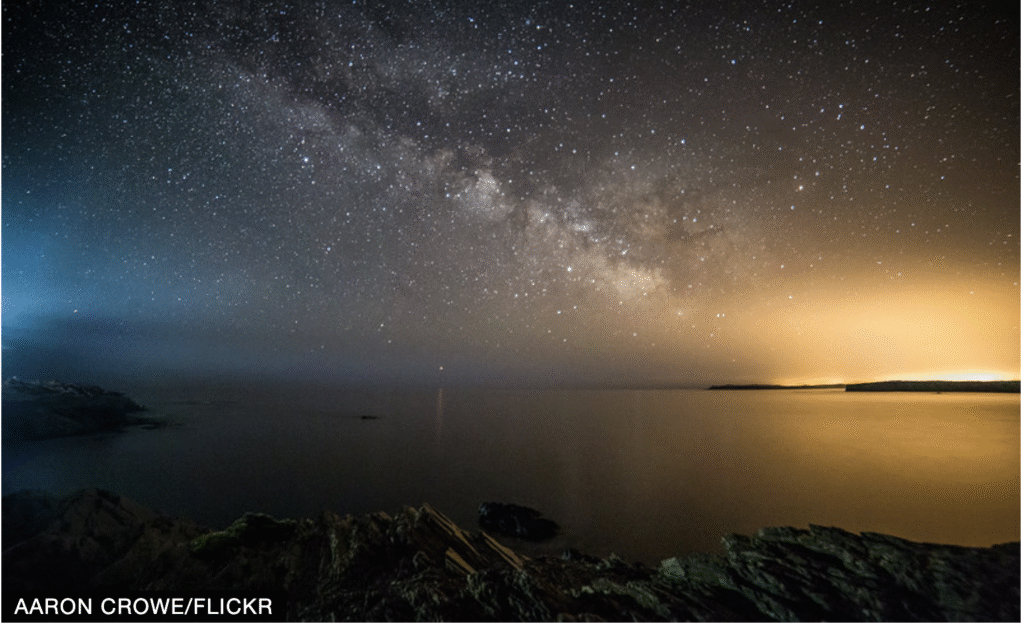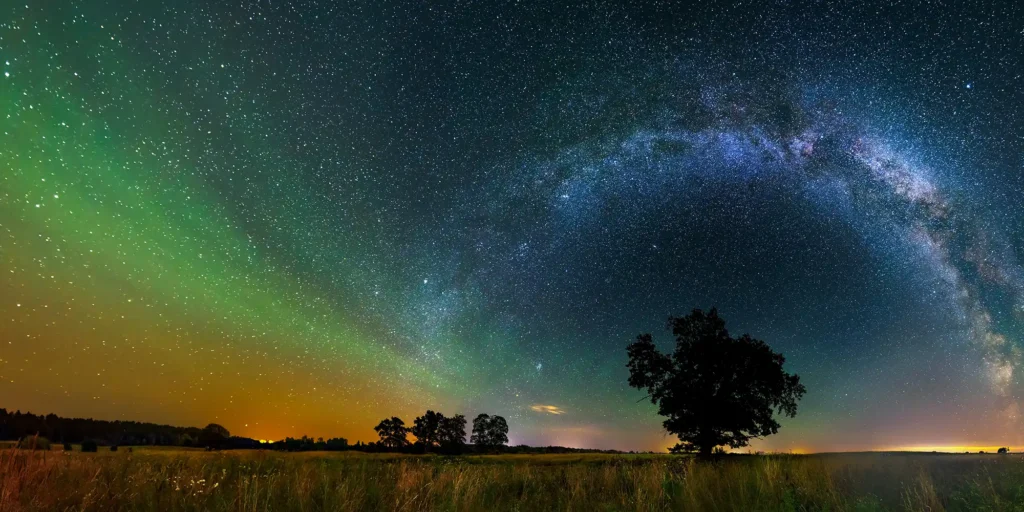Phillip Island Nature Parks (the Nature Parks) is a unique conservation organisation that operates complementary ecotourism experiences on Phillip Island. Much work has been done to ensure the wildlife experiences the area without predators or impacts from urban developments – this includes Light Pollution.
Your Speaker:
Dr Andre Chiaradia works on prey-predator relationships and interactions with their marine environment. Together with collaborators, they have been using more sensitive variables such as foraging efficiency, presence/absence of thermoclines, foraging-trip-duration, isotopic niche analysis, fractal diving analysis and new spatial-temporal scales to detect penguins’ response to environmental changes. On land, he works towards preserving the integrity of the natural skylight combined with habitat restoration to reduce light pollution and mitigate artificial light-induced mortality on wildlife. Andre is on the editorial board of PLoS ONE and section editor of PLoS Climate, past editor of the Australasian Seabird Group Bulletin, current a steering committee member of the IUCN Penguin Specialist Group and adjunct Associate Professor to the Monash University.




